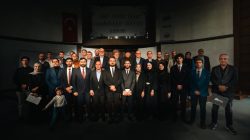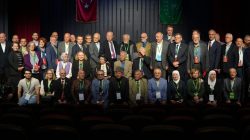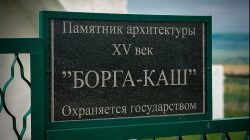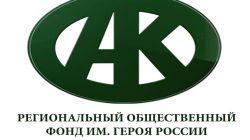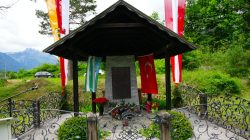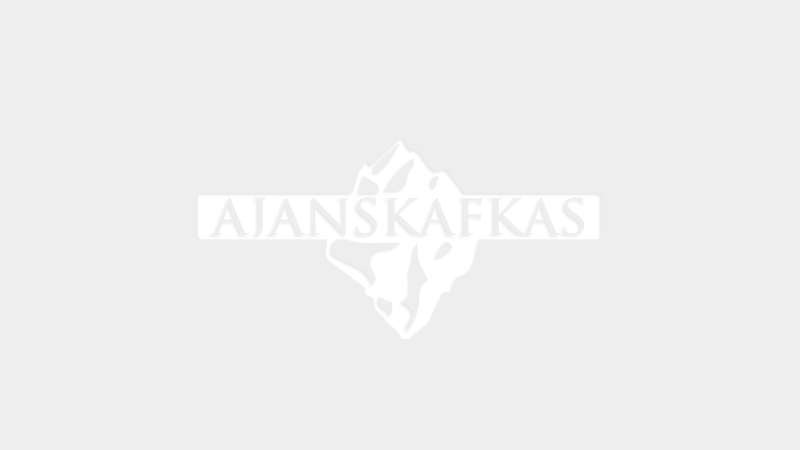
Vladikavkaz/Agency Caucasus – The administration of North Ossetia has provided a coverage of social protection for 120 000 of its citizens, said Top Deputy Prime Minister Ermak Dzansolov of North Ossetia while he addressed an international audience of experts in a congress in Vladikavkaz, capital of North Ossetia.
The congress was an opportunity to bring together on June 25 and 26 representatives of social protection institutions from 20 different regions of , experts from the
Because of the significance of 2008 as the Year of Family, 17 000 families with more than one child have been put under the continuous protection of social institutions, said Dzansolov.
In North Ossetia are there 32 institutions of social protection that help to keep 2900 people employed and 120 000 under social protection, said Larisa Tuganova, the Minister of Labour and Social Development.
There is now a satisfactorily installed system of providing social assistance to families as well as children in different regions of
"We take joint action in an effective way towards the realization of this significant project of supplying social assistance to families and children alike. There is now greater social awareness of the need to keep a child under the family protection,” said Askerlund.
Foreign experts, however, noted that the system of social protection that is available in Russia’s various regions do not match up to the level of Sweden, a disadvantage that Askerlund said results from the lack of administrative experience as well as of legal foundation necessary to improve the functions of social workers.
Tatyana Barsukova, the Russian coordinator of the project, concluded with her words the congress: “The traditional characteristics of various Russian regions affect the way the institutions of social protection function. We have seen the import of national traditions for the development of social protection. We will attach far more importance to this point while we make our way through this project.”
Those who attended the congress paid visits to three centres: the Disabled Children’s Centre of Feniks in Vladikavkaz; the centre that hosts the old as well as the disabled; and Dobroye Serdtsa, a centre established for children’s rehabilitation.
KU/ÖZ/FT
[ssba]
